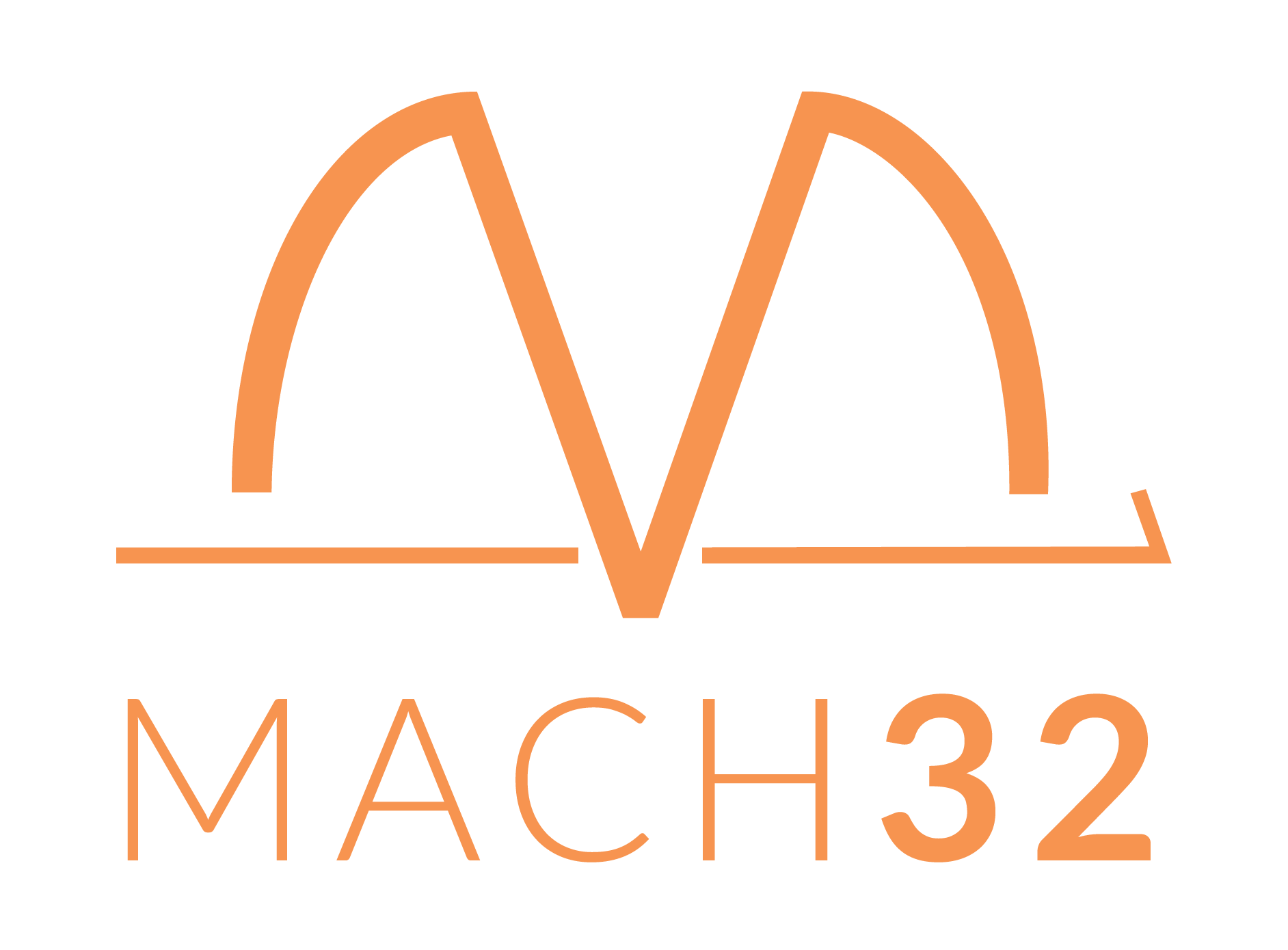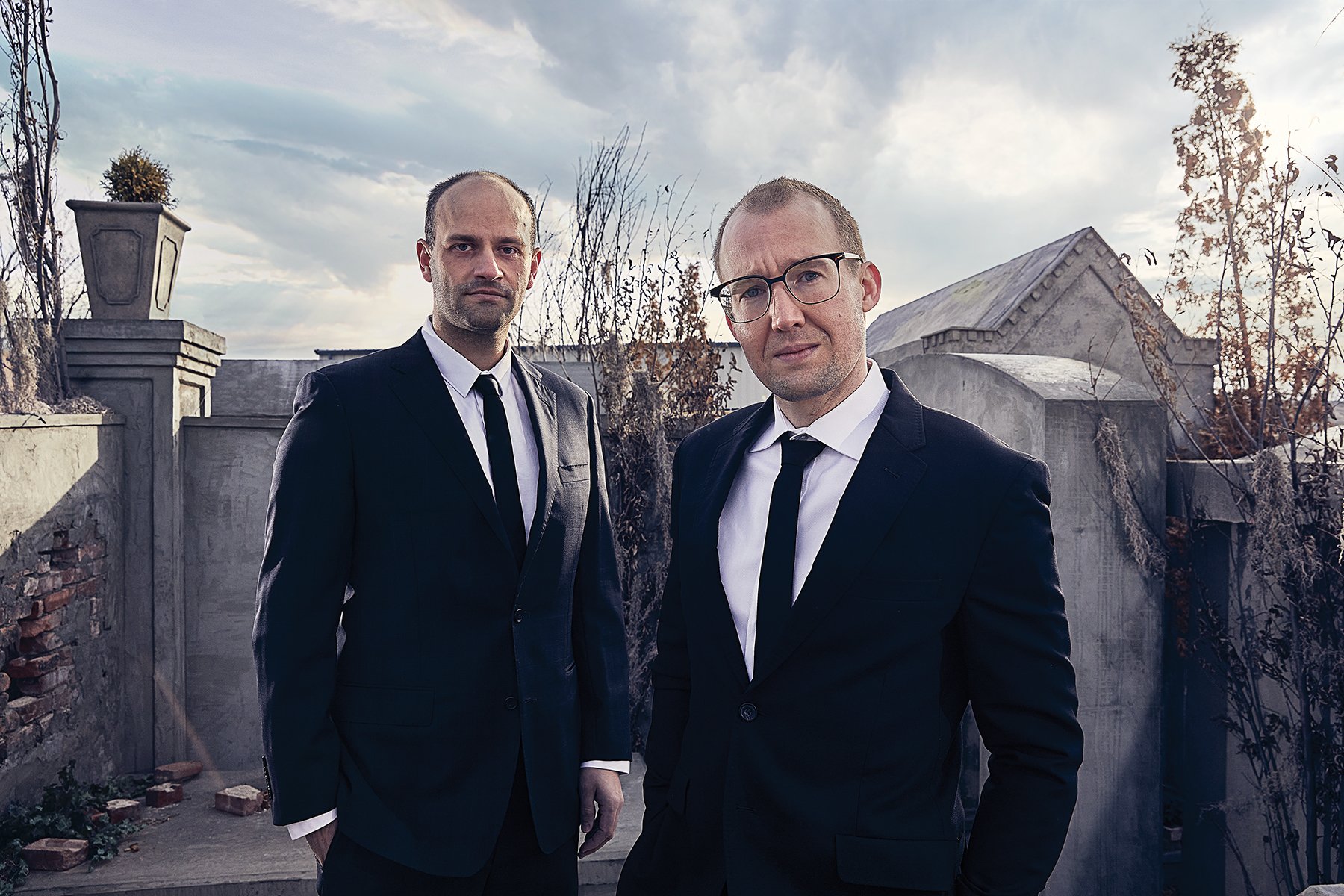An Edmonton company pitches a tent to prevent the spread.
BY ELIZA BARLOW | MAY 4, 2021
Photography Colin Way
“My thought was, can we miniaturize that technology around a patient’s head and neck and prevent that exposure from ever happening?”
He took his idea to the team at MACH32 — the medical device company he co-founded with his long-time friend, Edmonton engineer Chris Terriff.
The company got its start developing an auto-mated injection device to deliver blood-clotting medicine directly into the bones of trauma patients.
The MACH32 team designed a frame made from powder-coated carbon-steel tubing with a PVC drape, ducting and a fan unit with a series of filters, including a HEPA filter. It has slits to allow doctors to reach in and perform procedures. It’s not meant to be sealed — negative pressure sucks air toward it, so air flows into the tent rather than out.
“The device works by moving more air than necessary, and we’ve over-engineered it to make sure it does what it’s supposed to even under the worst-use circumstances,” Curial says.
It generates enough negative pressure to make almost 30 air changes per minute, he adds. “Every two seconds everything inside the tent is completely turned over.”
The HEPA filter in the device, Curial says, is 99.97 per cent effective for the size of particles it’s targeting. An N95 mask is considered 95 per cent effective against the same-size particles, hence its name. Still, the tent is meant to be used in addition to, not instead of, personal protective equipment.
The tent went from idea to prototype in about four months and is regulated by Health Canada as a Class I, or low-risk, medical device. The company has made sales to hospitals in Ontario and has interest from other provinces and as far away as the Middle East. It’s also pending authorization from the U.S. Food and Drug Administration, Curial says.
The device was recently approved for use in Alberta hospitals.
Thinking back to that day in the ER, as the country was just beginning its battle with COVID-19, he considers how the aerosol containment tent could have helped his mental state.
“It would have alleviated four days of anxiety for me right there,” he says. “At this point in time, the mood around the emergency room at the hospital I work at is so low, and staff burnout is so high, I think any little bit of support and help is imperative.
“There’s a lot of things that can be done, but any level of extra protection will go a long way.”


